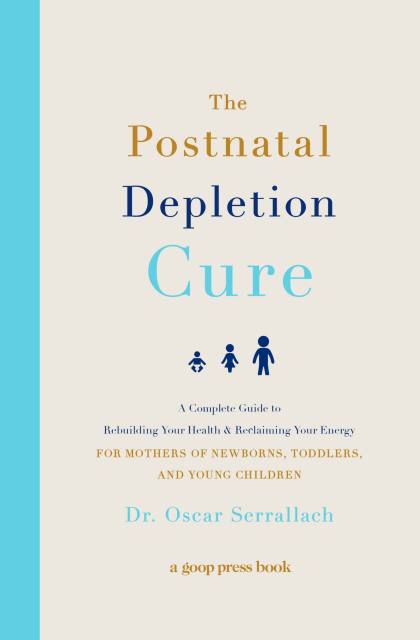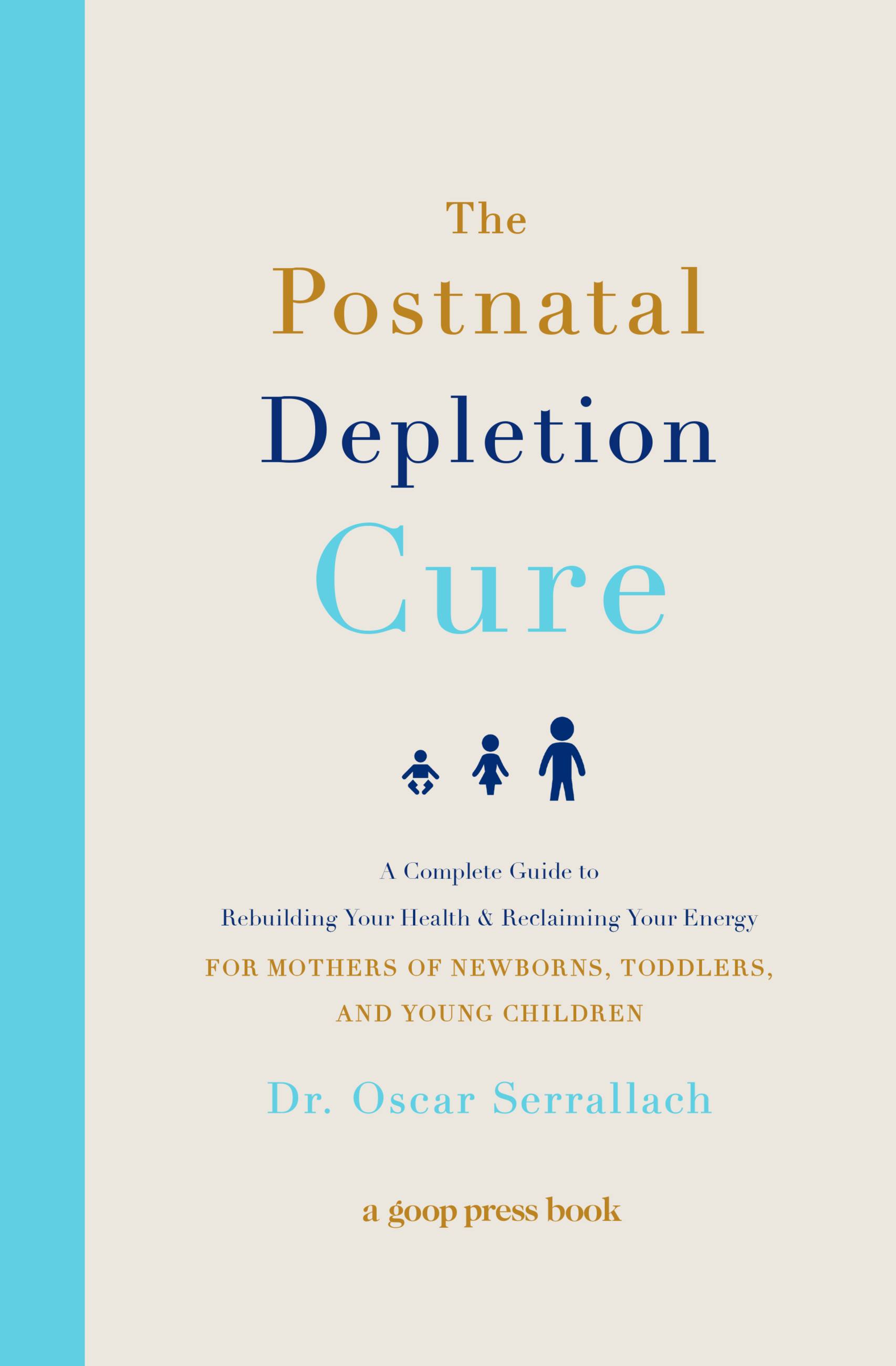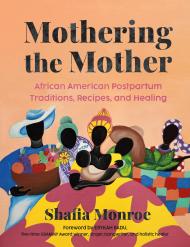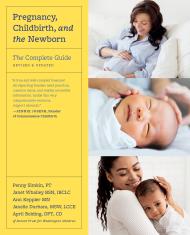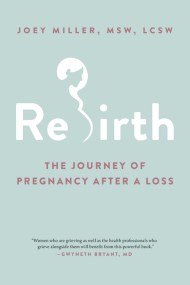By clicking “Accept,” you agree to the use of cookies and similar technologies on your device as set forth in our Cookie Policy and our Privacy Policy. Please note that certain cookies are essential for this website to function properly and do not require user consent to be deployed.
The Postnatal Depletion Cure
A Complete Guide to Rebuilding Your Health and Reclaiming Your Energy for Mothers of Newborns, Toddlers, and Young Children
Contributors
Formats and Prices
- On Sale
- Jun 5, 2018
- Page Count
- 288 pages
- Publisher
- Balance
- ISBN-13
- 9781478970293
Price
$11.99Price
$15.99 CADFormat
Format:
- ebook $11.99 $15.99 CAD
- Audiobook Download (Unabridged)
- Trade Paperback $19.99 $25.99 CAD
This item is a preorder. Your payment method will be charged immediately, and the product is expected to ship on or around June 5, 2018. This date is subject to change due to shipping delays beyond our control.
Buy from Other Retailers:
Any woman who has read What to Expect When You’re Expecting needs a copy of The Postnatal Depletion Cure. Filled with trustworthy advice, protocols for successful recovery, and written by a compassionate expert in women’s health, this book is a guide to help any mother restore her energy, replenish her body, and reclaim her sense of self.
Most mothers have experienced pain, forgetfulness, indecision, low energy levels, moodiness, or some form of baby brain. And it’s no wonder: The process of growing a baby depletes a mother’s body in substantial ways–on average, a mother’s brain shrinks 5% during pregnancy, and the placenta saps her of essential nutrients that she needs to be healthy and contented. But with postnatal care ending after 6 weeks, most women never learn how to rebuild their strength and care for their bodies after childbirth. As a result, they can suffer from the effects of depletion for many years, without knowing what’s wrong as well as getting the support and treatments that they need.
-
"When Dr. Serrallach first wrote about postnatal depletion on goop, he hit a nerve-particularly with the revelation that some women in his practice experience the after effects of having a child for 7-10 years later. It shouldn't be this way, nor does it have to be: This is the comprehensive guide to women's health for every mother-new, or years out-who has ever felt tired, rundown, or just not like herself. With great empathy and wisdom, Dr. Serrallach explains how to restore your health and vitality using nutrition, gentle exercises, and simple strategies to get you to finally feel like yourself again."Gwyneth Paltrow
-
"The best programs and solutions for health issues are born of doctors that want to help themselves or their loved ones. That is how Dr. Serrallach arrived at his understanding of postnatal depletion, and what makes this book so helpful to women with the same issue, which is a world epidemic. His book is aguide to reclaiming optimal health that any mother who has given birth in the last seven years should read."Alejandro Junger, M.D., New York Times bestselling author of Clean, Clean Eats, and Clean Gut and founder of the acclaimed Clean Program
-
"Thank you Dr. Serrallach for writing this very eye opening and super important book! Postnatal depletion effects all moms, new or years out. It's so important to properly take the time and space to heal from your pregnancy and birth especially, in a culture where "getting back to normal quickly " is applauded. We all know it takes time for the new normal to work itself out, and you can't rush a process if you want it to have lasting, good and healthy results. I'm literally making all my clients and their partners read this as part of my pregnancy, doula and new mom coaching!"Lori Bregman, celebrity doula, pregnancy and new mom coach; author of The Mindful Mom To Be
-
"Moms, let's be real: having a baby is hard. It can wreak havoc on your energy, your body, and even your concentration. Post-baby, women need to practice self-care more than ever before, yet have less time than ever before. With great compassion and creativity, Dr. Serrallach proposes an answer-we can make little changes to our sleep habits, our eating habits, the way we talk to our loved ones, and to our expectations for ourselves to protect and fortify ourselves every day. Every woman deserves good health, and The Postnatal Depletion Cure will show you how to reclaim yours."Dawn Dais, author of The Sh!t No One Tells You: A Guide to Surviving Your Baby's First Year
Newsletter Signup
By clicking ‘Sign Up,’ I acknowledge that I have read and agree to Hachette Book Group’s Privacy Policy and Terms of Use
